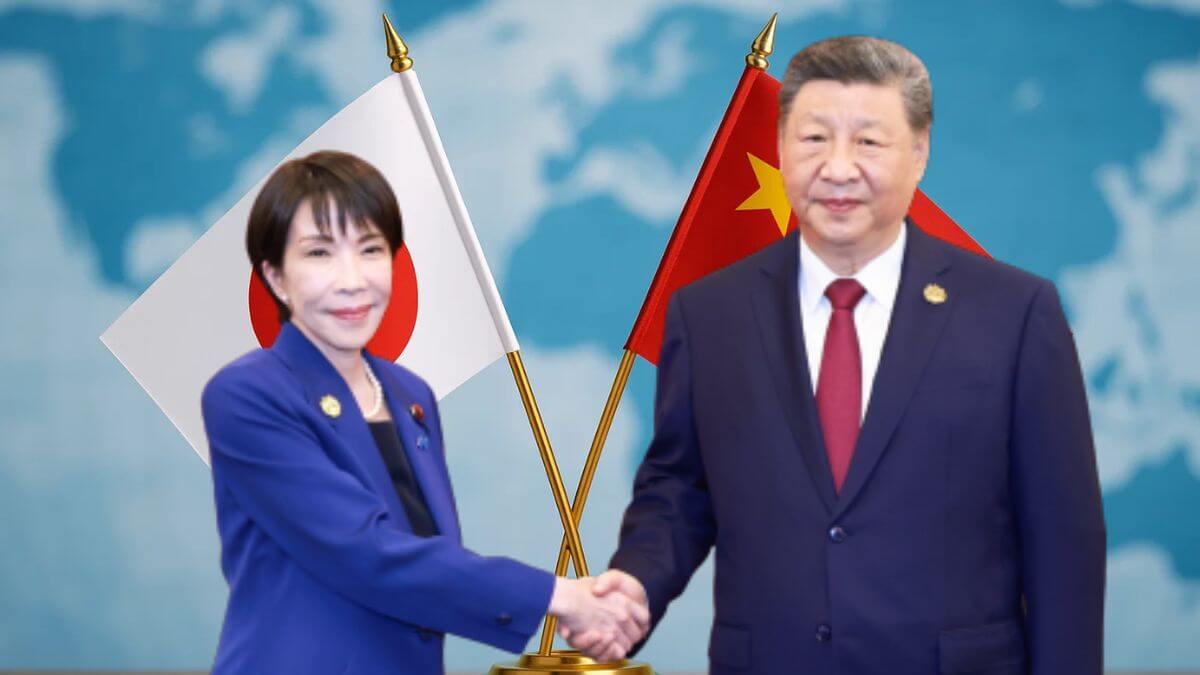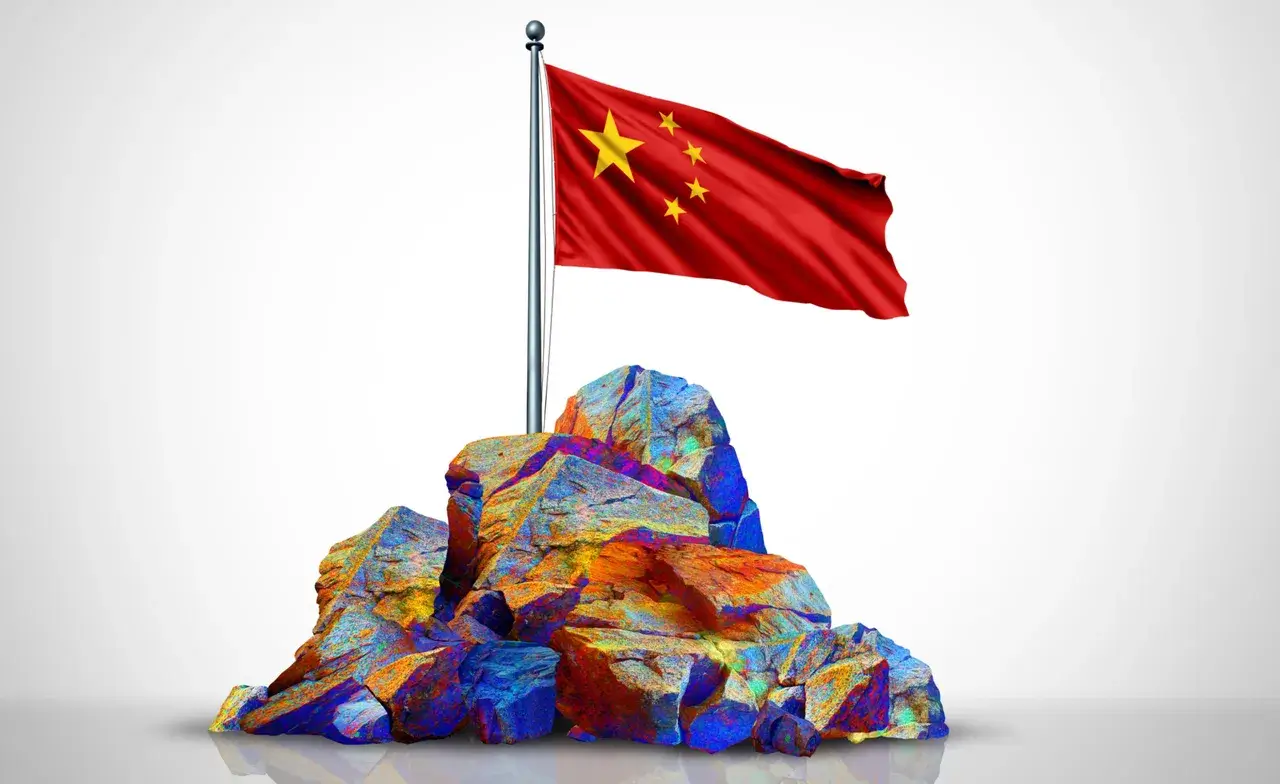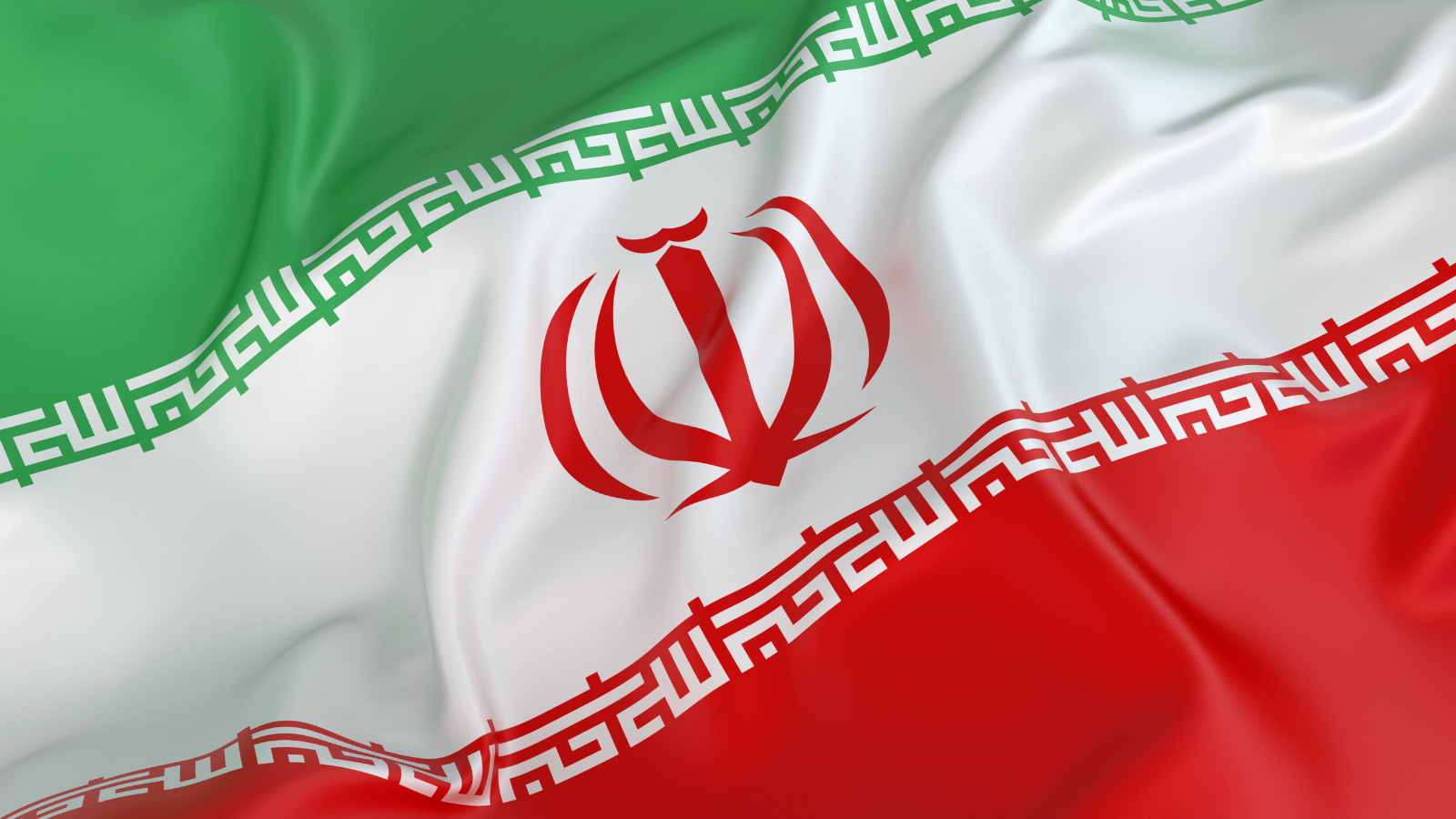Japan’s political landscape has entered uncharted territory. The election of Sanae Takaichi as the country’s first female prime minister marks a historic moment not only for gender equality in Japan but also for the nation’s evolving role amid intensifying geopolitical competition. Her rise comes at a time when Tokyo must navigate a delicate balance: reaffirming its alliance with the United States and the European Union while managing a complex and often tense relationship with China.
Takaichi’s ascent is emblematic of both continuity and change. A long-time member of Japan’s conservative Liberal Democratic Party (LDP), she is a protégé of former Prime Minister Shinzo Abe and a staunch advocate of the “Free and Open Indo-Pacific” vision. Yet, as Japan’s first woman leader, her premiership also symbolizes modernization in a society still grappling with deep-rooted gender barriers. Her leadership style assertive, security-oriented, and unapologetically nationalistic reflects a shift toward a more self-confident Japan in global affairs.
Under Takaichi, Japan’s foreign policy is expected to retain its pro-Western orientation while deepening its strategic autonomy. Her early statements emphasize the need for a robust defense policy, technological innovation, and greater economic security cooperation with democratic allies. This approach aligns closely with the European Union’s evolving Indo-Pacific strategy, which seeks to diversify partnerships beyond China and reduce economic dependencies.
In recent years, Japan and the EU have strengthened their cooperation through frameworks such as the Economic Partnership Agreement (EPA) and the Green Alliance, which promote sustainable growth and digital innovation. Takaichi’s government is likely to further these initiatives, positioning Japan as a bridge between Europe and Asia—one capable of shaping the regional balance without confrontation.
At the same time, Japan’s relationship with China remains one of interdependence and rivalry. Bilateral trade continues to flourish, but tensions over territorial disputes in the East China Sea and Beijing’s military assertiveness create friction. Takaichi’s tough stance on security issues—combined with her criticism of China’s human rights record—signals a continuation of Japan’s cautious yet firm diplomacy. The challenge for the Takaichi administration will be to maintain economic ties while protecting national interests and regional stability.
Between Washington, Brussels, and Beijing
Takaichi will need to balance three major vectors of global influence: the US, the EU, and China. Washington remains Tokyo’s indispensable security partner, particularly amid escalating tensions over Taiwan and the South China Sea. Takaichi’s government is expected to uphold the U.S.-Japan alliance as the cornerstone of Japan’s defence, potentially expanding military cooperation and intelligence sharing. However, Japan is also cultivating closer ties with the EU as a complementary axis of democratic cooperation. Shared values, the rule of law, freedom of navigation, and climate responsibility form the backbone of this partnership. The EU, seeking to play a greater geopolitical role, views Japan as a stable and reliable ally in an increasingly fragmented world. In return, Tokyo gains diplomatic leverage and access to European markets and green technologies.
Meanwhile, China presents both a strategic challenge and an economic necessity. Despite growing political mistrust, Beijing remains Japan’s largest trading partner. Takaichi’s administration will likely pursue a “dual-track” approach: strengthening deterrence and alliances while preserving economic engagement where possible. The key lies in managing asymmetry protecting Japan’s technological edge and supply chains without triggering a full-scale decoupling.
Beyond geopolitics, Takaichi’s election carries profound domestic symbolism. Japan has long lagged behind other developed nations in gender equality—ranking low in global indices for female political representation. Her victory shatters a long-standing political ceiling and could inspire broader social change. Still, her conservative policies may not align with feminist movements, raising questions about whether her leadership will translate into tangible progress for women’s rights.
Nonetheless, her premiership sends a powerful message to the world: Japan is capable of renewal without abandoning its traditions. The optics of a woman leading a nation often perceived as patriarchal resonate internationally, especially at a time when global politics demands new voices and perspectives.
Takaichi’s Japan stands at a crossroads. Caught between Washington’s strategic imperatives, Brussels’ normative diplomacy, and Beijing’s economic gravity, Tokyo must continue its tightrope walk with precision and pragmatism. The success of her government will depend on maintaining this equilibrium—anchoring Japan’s role as both a Pacific and a global power.
As the world observes how Asia’s most advanced democracy adjusts under its first female prime minister, one truth becomes evident: Japan’s political evolution mirrors the broader transformation of global power structures. In navigating a multipolar world, Takaichi must blend resilience with flexibility, nationalism with cooperation, and history with vision.
In this sense, Takaichi’s leadership may well define not just a new chapter for Japan, but a new balance for the entire Indo-Pacific order.








